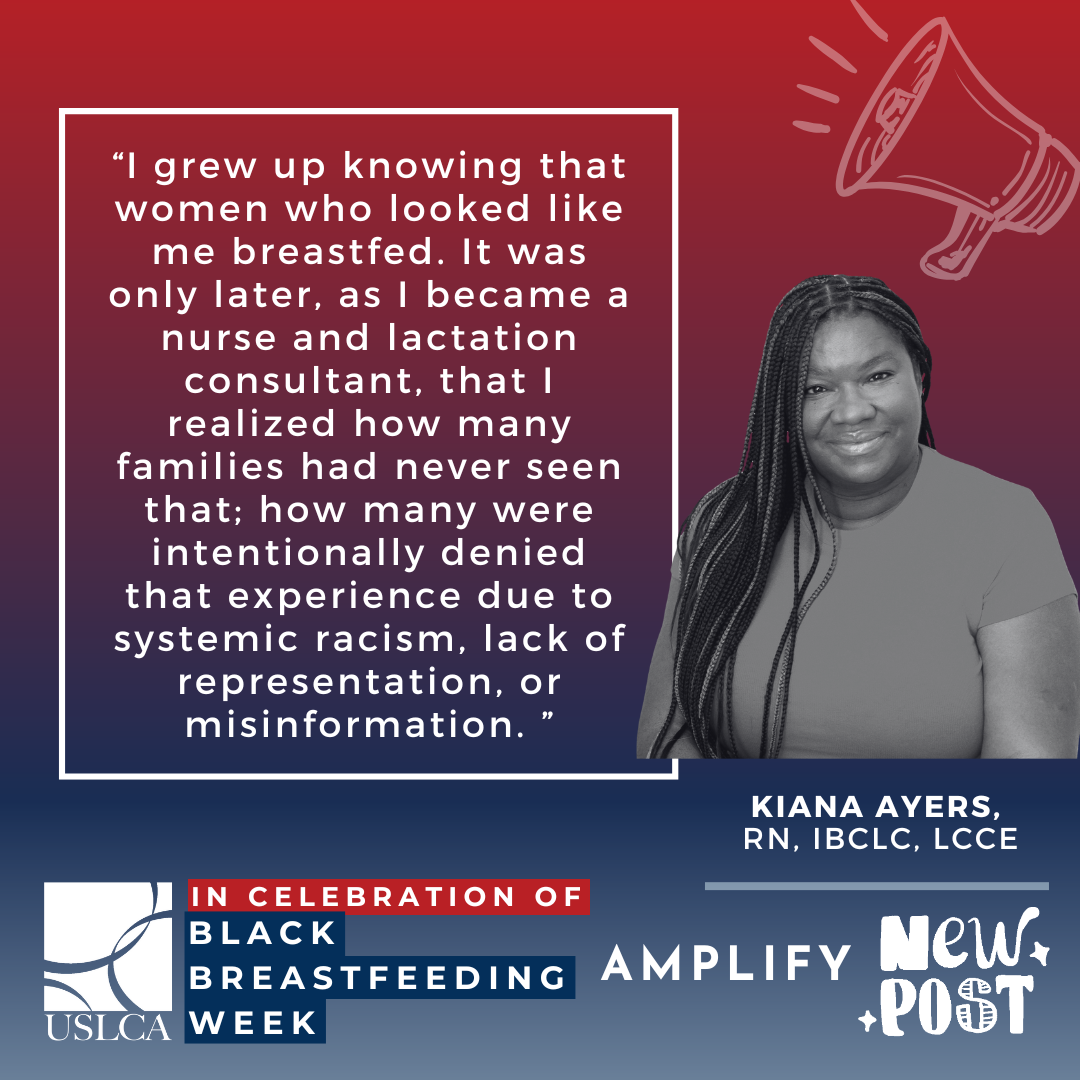Top Nutrition Questions from Breastfeeding & Pumping Parents
By Grace Goodwin Dwyer, MS, MA, RD, LDN, IBCLC
 As a Registered Dietitian who also works as an IBCLC, I get so many questions about how what we eat affects lactation – and vice versa!
As a Registered Dietitian who also works as an IBCLC, I get so many questions about how what we eat affects lactation – and vice versa!
Most parents are well-aware that nutrition is closely linked to our health – no convincing needed there.
What’s trickier is helping parents separate myths from fact. Social media floods us with nutrition ideas. Some of these are facts, yet others are misleading fictions or partial-truths that lack context.
This can be confusing and anxiety-producing for parents, especially those who are sleep-deprived and scrolling late at night while feeding, or googling “what to eat to boost milk supply”. Plus, given that at least 15% of women experience an eating disorder at some point, food can be really fraught.
My mission is helping parents get accurate, actionable answers. Below I share some of the most popular questions I get in postpartum nutrition consults, along with my answers and rationale.
“What can I eat & drink to increase my milk supply?”
Without a doubt, this is the top question that arises – if you work in lactation, I’m sure you’ve gotten this, too!
Before answering, I always want to know more about this parent’s lactation situation: are they actually experiencing low supply or just looking to boost an adequate supply?
If low supply is of concern, making sure they’ve got great lactation assessment and ongoing support from a Lactation Professional is the first and foremost strategy. We don’t want to delay this necessary care by discussing nutrition when there’s an issue like inefficient or infrequent milk removal going on, or a medical issue in the baby or parent.
To respond to the actual question, I tell parents that being generally well-fed and well-hydrated are the best strategies for supporting lactation. While specific foods, herbs, and drinks may help some people’s supply – which is great when it happens! – the research on this topic is still too mixed to make strong clinical recommendations.
With that said, the foods traditionally considered lactogenic (like oats, flax, pumpkin, etc) are also nutrient-dense. So if a patient wants to try them, they’ll get important nutrients even if they don’t see an effect on supply. If patients have lactogenic foods that are part of their cultural tradition, this is worth embracing, as well.
P.S. – As a dietitian I’ve that people tend to overestimate the effects of specific foods (e.g., relying on flaxseed to boost supply) and underestimate the power of long-term habits and patterns (e.g., eating every few hours, drinking to fluids thirst every day, getting plenty of protein, etc). I aim to support clients in making the latter a reality!
“How much extra food do I need to eat per day during lactation?”
Between 330-400 extra calories per day is recommended. However, here’s why I don’t recommend parents count calories:
- It’s not a practical strategy for most families with newborns or small children, as counting all of your daily calories takes time, effort, and careful measurement
- It ignores the fact that our needs and appetites fluctuate day by day – we’re not robots!
- Focusing on calories can be harmful for the many parents out there with disordered eating or restrictive mentalities with food (and in my experience this is something many patients struggle with silently, so it may not show up on their medical record or history)
Instead, I encourage parents to focus on their appetite as a guide to help determine how much extra food to eat. Rather than aiming for a calorie number, parents can instead ensure they’ve got at least 1-2 extra daily snacks that contain a balance of protein, carbs, and fat.
“How does lactation impact postpartum weight loss?”
Milk production requires extra energy (calories), which supports losing weight postpartum. However, we also know that lactation can also significantly increase appetite – sometimes so much so that parents are frustrated that they’re not losing weight gained during pregnancy.
Part of this conversation involves reminding parents that this process can be gradual postpartum. When parents are concerned about this topic at 3 months postpartum, I encourage them to extend their mental timeline to 6, 9, even 12 months to give their body time.
Restrictive diets have myriad risks: they can reduce milk supply, put parents at risk of malnutrition, compromise energy levels and quality of life, and – in the most extreme cases – result in hospitalization.
Among my patients seeking weight loss, we focus on foods that promote satiety (feeling satisfied) after and between meals. Protein and fats tend to do this best: so rather than snacking on pretzels or fruit (purely carbs) throughout the day, they’ll likely feel better and support healthy postpartum weight loss with foods like yogurt, eggs, cheese, nuts, legumes, and meat on board.
“What foods do I need to avoid during lactation?”
It’s fun to share with parents that the prenatal food precautions – like avoiding deli meat, sushi, and kombucha – no longer apply during lactation. It’s still recommended to avoid high-mercury seafood, though this is a healthy practice for all stages of life.
Veggies like cabbage, broccoli, and onions are a common concern, as many parents wonder if these cause gassiness in their baby. These foods can cause gas in adults when we eat them and bacteria act upon the fiber in our intestines; however, this fiber does not cross into milk, so parents should be encouraged to enjoy all the fibrous vegetables.
Dairy, soy, and other potentially allergenic proteins are another increasingly hot topic. While a small percentage of infants do have protein sensitivities or intolerances that require the parent to avoid foods like dairy or soy, the vast majority do not. I educate parents that unless they’re seeing concerning symptoms, they should enjoy all the foods they want. Both dairy and soy are rich sources of much-needed protein and minerals for lactation, especially for vegetarian parents.
Be sure to check out Grace’s webinar, Navigating Nutritional Crossroads: Keto and Breastfeeding – Balancing Risks and Rewards HERE!



